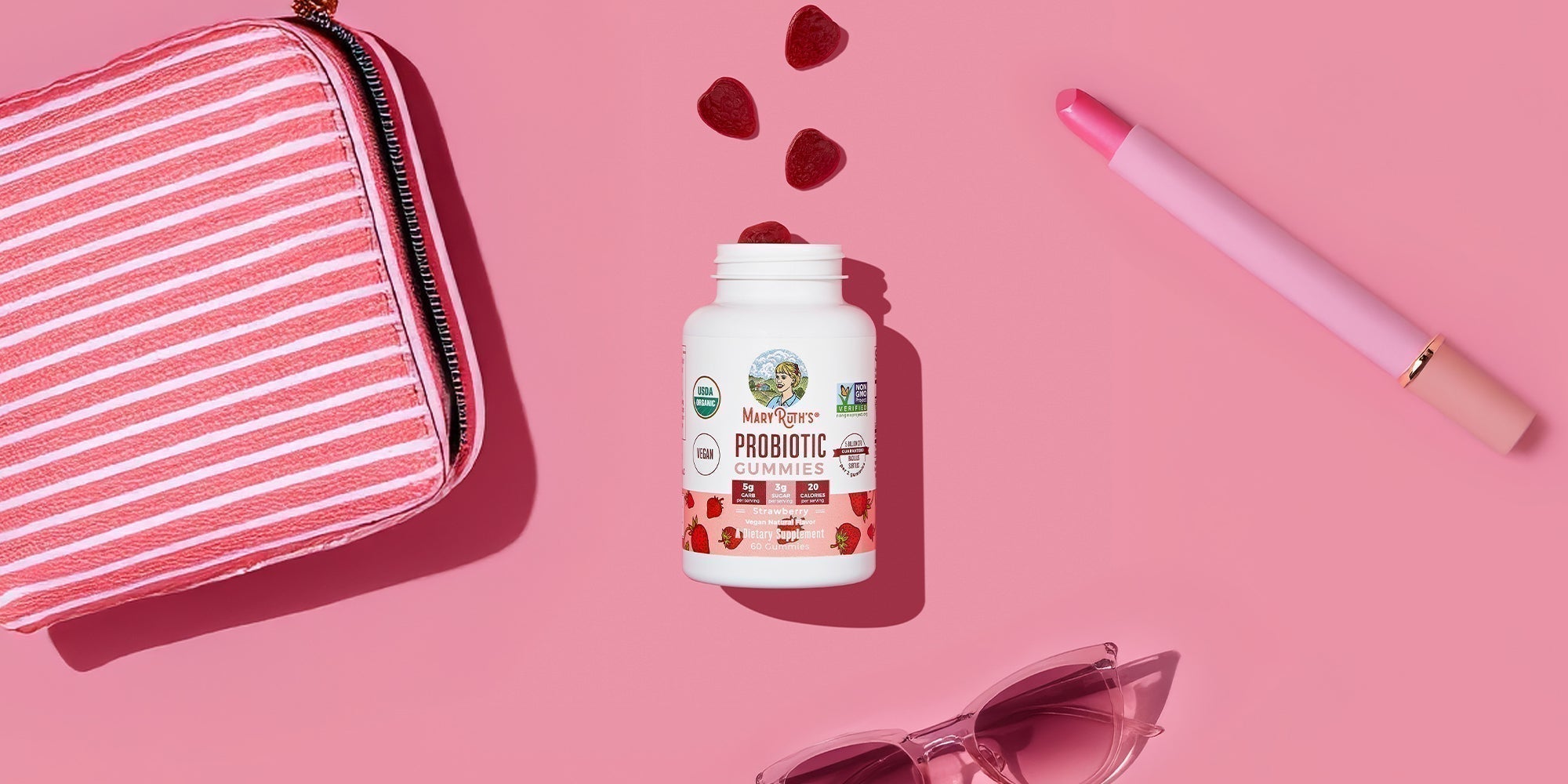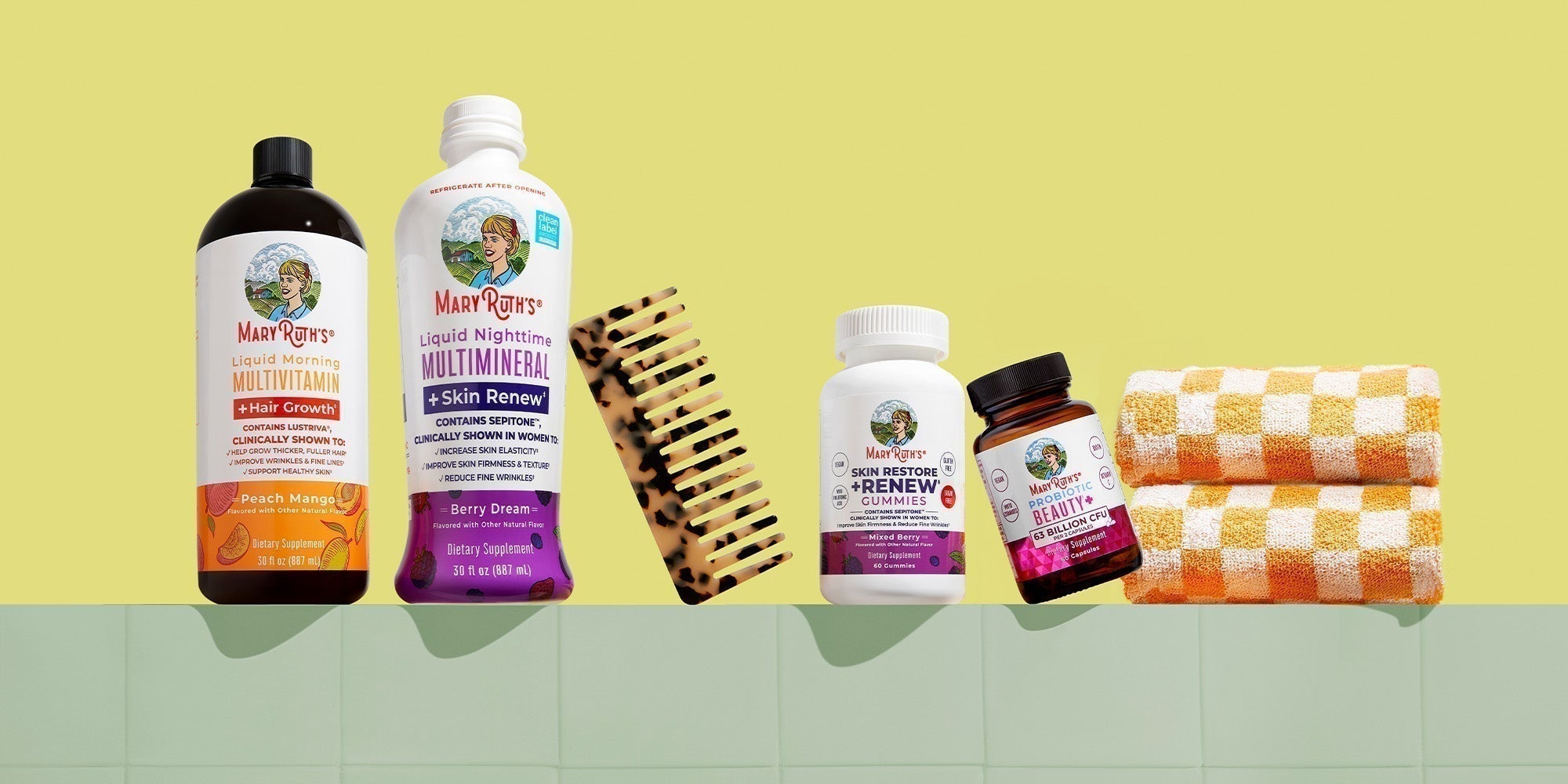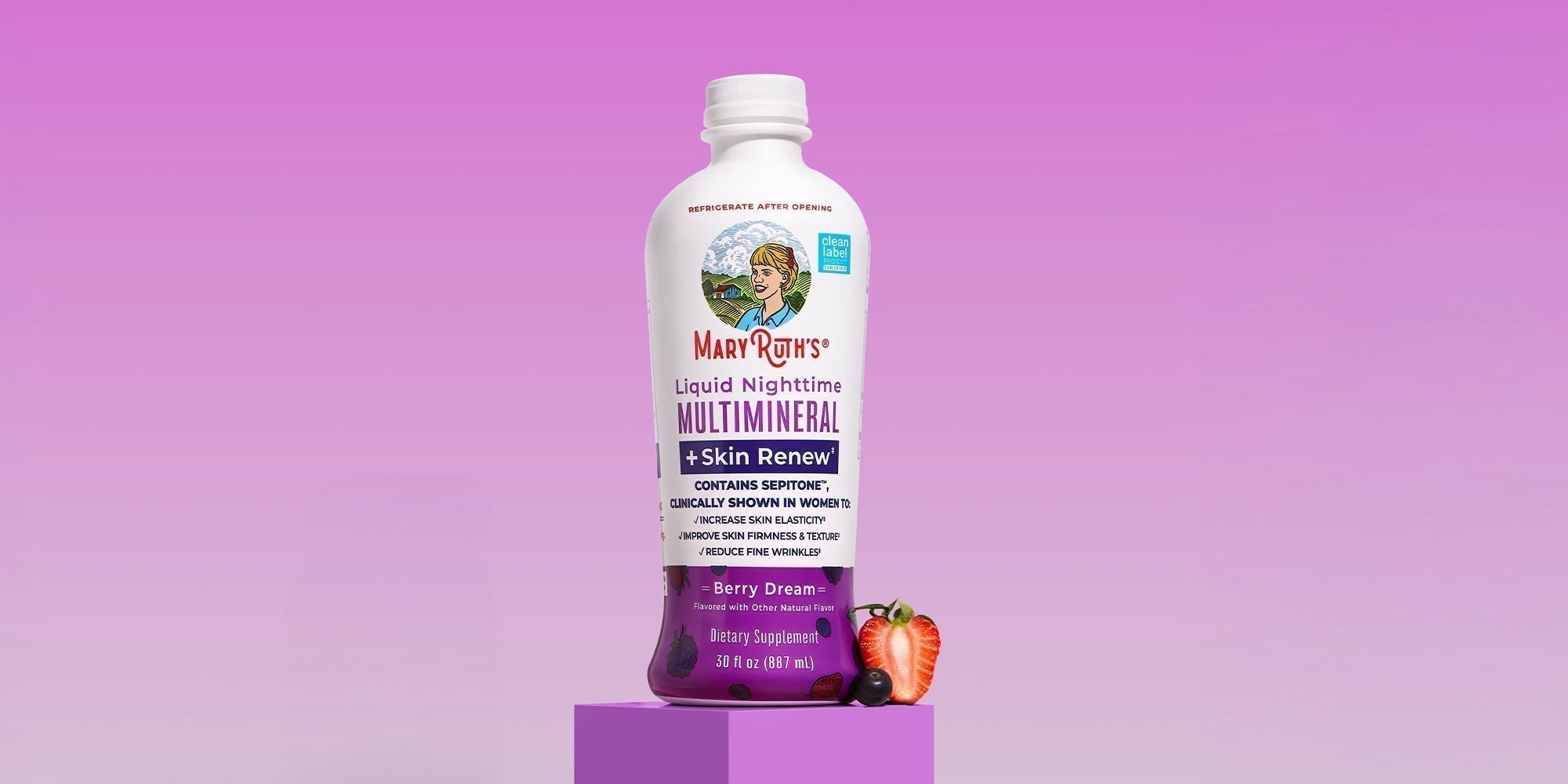What is Vitamin C?
Vitamin C, also known as ascorbic acid, is an important antioxidant for your health! You can get your daily vitamin C from numerous dietary sources, as well as from supplements. Getting enough of this nutrient is an essential aspect of taking good care of your body and supporting your health.
What Do Antioxidants Do?
Antioxidants are key players in your body in multiple ways, like helping to support your immune system. Vitamin C in particular, is also critical for collagen synthesis, contributing to the support of various structures, including your bones, teeth, nails, skin, and more.
While many antioxidants are produced naturally by your body, vitamin C is one crucial molecule that is not. That means you’ll need to include it in your diet via food sources, and if you’re unable to get enough from your food, supplements are available.
Below are some of the best natural sources of vitamin C to include in your daily diet.
Which Foods Contain the Most Vitamin C?
To get a boost of vitamin C from your diet, consider adding these foods to your plate!
- Kale: One serving (85g) of this raw leafy green contains almost an entire day’s worth of vitamin C. It’s also crispy, crunchy, and delicious! You can add raw kale to your daily meals in multiple ways; Try this antioxidant-rich leafy green as the base for a salad. (If you’re aiming for the highest vitamin C boost, stick with raw kale; cooked still has vitamin C, but not as much as raw!)
- Broccoli: Another green veggie that’s high in antioxidant vitamin C is broccoli. Whether you choose to enjoy this veggie cooked or raw, it’s an excellent source of vitamin C for your diet.
- Oranges: What’s the first fruit you think of when you think of vitamin C? If it’s oranges, you’re probably not alone. While they don’t have the highest vitamin C content out of all the fruits, oranges are high in antioxidant vitamin C! So, if oranges are your citrus of choice, grab one the next time you’re looking for some more vitamin C.
- Strawberries: Another fruit that’s an excellent source of vitamin C is strawberries! Strawberries make a tasty addition to a healthy diet.
- Spinach: Spinach, whether you prefer baby spinach or mature spinach, is high in vitamin C too!
- Cherries: These little stone fruits taste amazing, and they’re also packed with vitamin C! Just one serving of acerola cherries can get you well over your daily requirement for the antioxidant vitamin C!
What About Vitamin C Supplements?
First things first, we want you to get as many of your daily nutrients from a healthy diet as possible, but we understand that for some that can be a tall order. With that said, MaryRuth’s is happy to be here for you to help with the gaps that may occur in your diet.
This is where supplements come in!!
You can supplement with vitamin C in the form of a multivitamin, or on its own. You can find vitamin C supplements in various forms. These include gummies, liquid vitamins, chewable tablets, capsules, and more. Each of these types of vitamin C supplements may benefit you, but it’s up to you and your doctor to best determine the one for you. Deciding which one is best for you may depend on your personal health, personal preferences, and current diet.
If you are looking for an ideal way to add a vitamin C supplement to your kids’ daily diets, gummies might be the way to go! Gummy vitamins are incredibly tasty, and they make it simple for kids to enjoy getting a daily boost of nutrients. Vitamin C supplements are generally safe for kids, but many children may have an easier time taking a chewable supplement as opposed to some other forms.
When choosing vitamin C gummies for your kids, look no further than MaryRuth Organics! Our vegan vitamin C gummies are great for kids and adults, free from all common allergens, pectin-based, and non-GMO. And did we mention that these gummies taste great?
Product Recommendation
Why Take Vitamin C Supplements?
Whole food sources of vitamin C and other key nutrients are always great staples to have in your diet. However, there are some days when you may not have the time or resources for nutrient-dense meals, and you might end up eating something less wholesome.
That’s where supplements come in!
Supplementing with vitamin C is an excellent way to provide your body with an adequate amount of this important nutrient each day. Your eating habits can fluctuate throughout the week, and a busy, demanding schedule can make it tough to find and eat nutrient-dense meals every day.
Supplements help to pick up the extra slack, covering nutritional gaps in your diet by providing your body with nutrients you aren’t getting or can’t get from your daily meals.
And, while we want you to get your nutrition from the food you eat and the healthy life you live (i.e. getting some vitamin D3 from the sun), supplements can be a support to you by complementing your healthy balanced diet when they’re needed.
How Much is Too Much Vitamin C?
This is a bit of a loaded question. Like many other things in life that you need, too little vitamin C can be harmful to your health, but similarly, too much vitamin C is something to avoid as well.
Sticking to a healthy diet with whole foods as its cornerstone can supply your body with all the vitamin C you need to reach the recommended daily amount, particularly if you pay attention and make sure you’re choosing foods that are either a good or excellent source of this healthy antioxidant.
But, as we’ve said before, if you’re regularly falling short of your needed vitamin C, a supplement may be a great way to fill that nutrient gap. Many supplements tend to have more vitamin C than what’s recommended on a daily basis... So what do you do then? First, before taking any supplement, we suggest speaking with your doctor to determine what’s best for you and your health. Second, to give you some added comfort, it’s good to know the Tolerable Upper Intake Limit (UL) for vitamins or nutrients you may be concerned about over-doing it on. The UL is an amount established by The Institute of Medicine, Food and Nutrition Board that they suggest someone not exceed in order to avoid adverse events. For vitamin C, the UL for adults ages 19+ is 2000mg.
What does that mean? Between all of the food and supplements that you consume each day, it’s been established that adults ages 19+ should not have an intake of more than 2000mg of vitamin C. If you are concerned about your vitamin C intake or unsure how much you should be taking per day, we suggest speaking with your doctor to help you determine how much vitamin C is right for you. Based on your unique health, your doctor may suggest an amount of vitamin C that’s different than what’s listed here.
Pair Nutrient-Dense Foods With MaryRuth Supplements To Give Your Body Everything It Needs
As we’ve said above, we prefer you to get your nutrition from a balanced, whole food diet, then introduce supplements as necessary to make up for any gaps. So, we highly encourage you to try incorporating healthy whole food sources of vitamin C in your diet, but when it may not be possible to do so, we’re here for you! Try our vegan vitamin C gummies for kids and adults!
And we have so much more to offer you! MaryRuth’s has a full line of multivitamins, multiminerals, probiotics, and single nutrient supplements, and more to choose from.
If you’re at risk for deficiencies, or just want more information on your personal health, speak with your doctor. He or she can help you determine if a diet change or the addition of supplements may benefit you.
Product Recommendation








